Every year, more and more people are using voice queries to search for information on the internet. Google Ads, which is known as one of the most powerful advertising platforms, allows advertisers, affiliate marketers, and media buyers to adapt their advertising campaigns to this growing trend.
In this article, the team at YeezyPay, a service that offers Google Ads agency accounts, will guide you through developing and implementing an effective strategy to attract audiences that are using the voice search feature. By following the advice mentioned here, you'll be able to reach a much larger target audience and boost your advertising conversion rates.
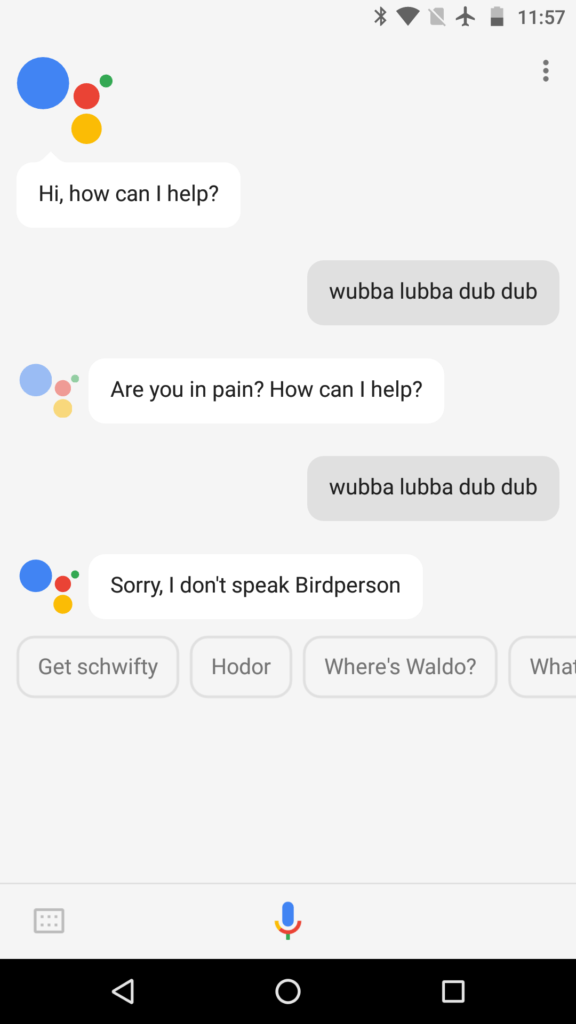
About 10 years ago, Google conducted a survey in the United States and found that 55% of teenagers and 41% of adults were already using voice search at that time. Since then, the numbers have likely increased even more.
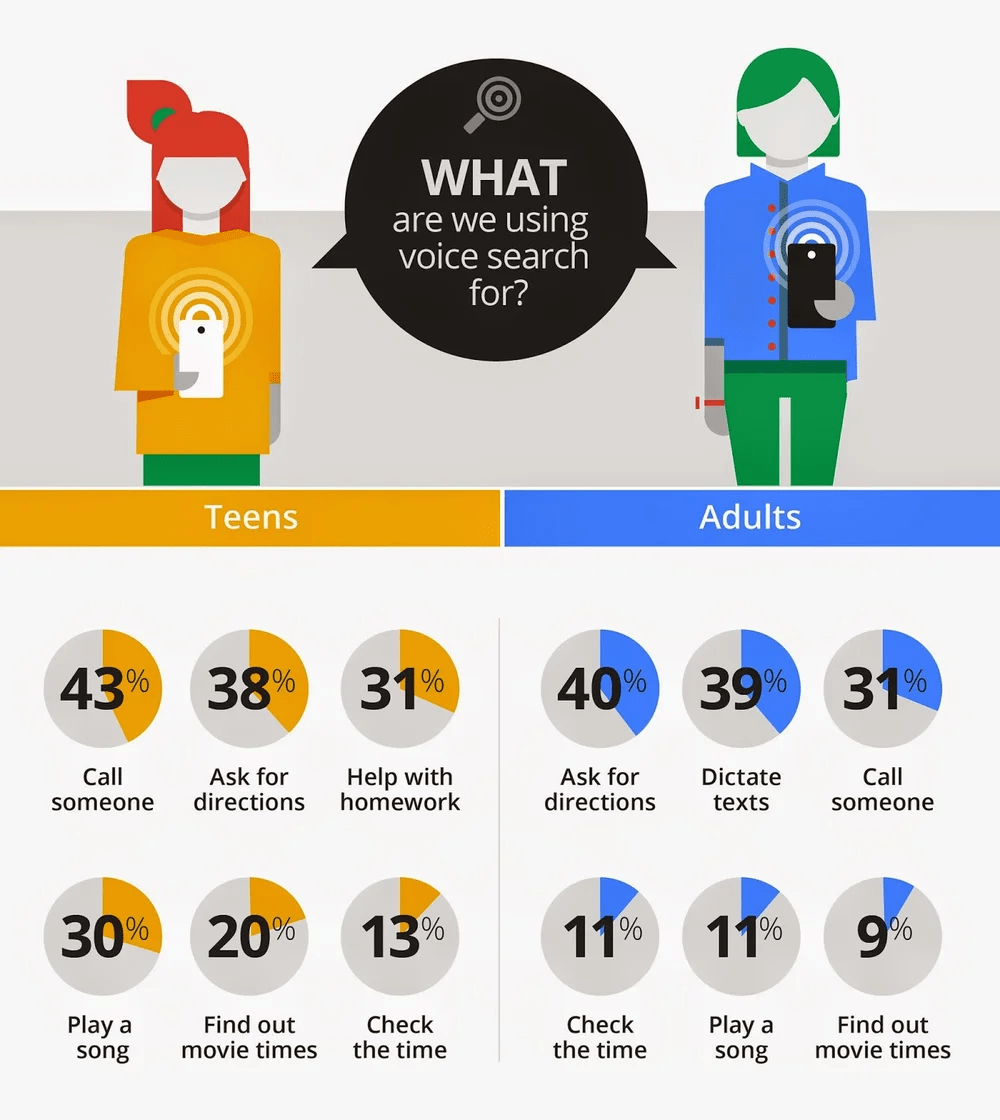
Based on the latest data from Invoke, there are several key reasons why optimizing advertising campaigns and landing pages for voice search is beneficial:
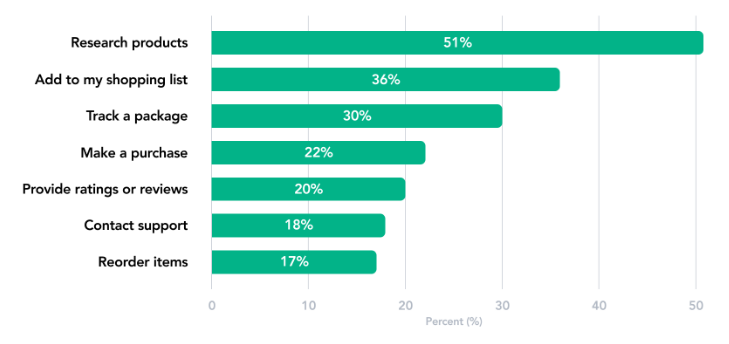
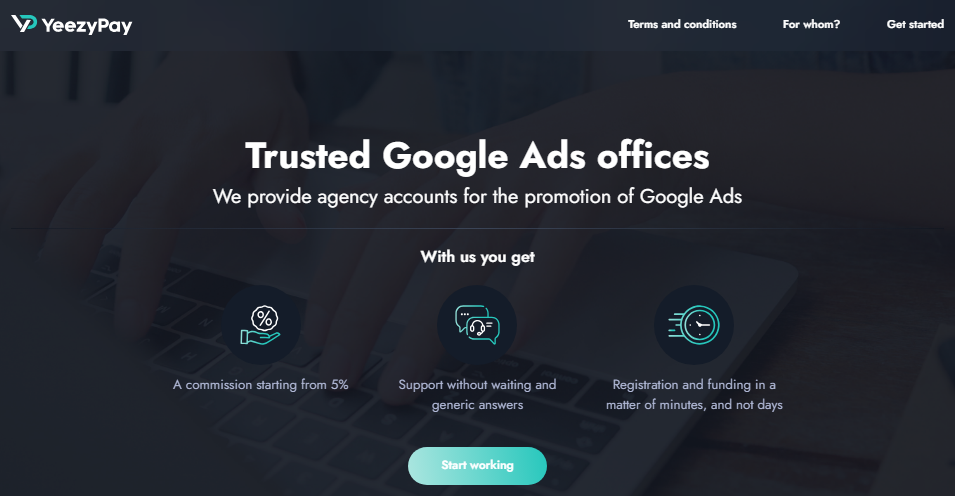
Furthermore, adapting Google Ads campaigns for voice search offers more opportunities for personalized ads tailored to specific user requests. This level of detailed personalization can significantly improve the performance of your advertising campaigns.
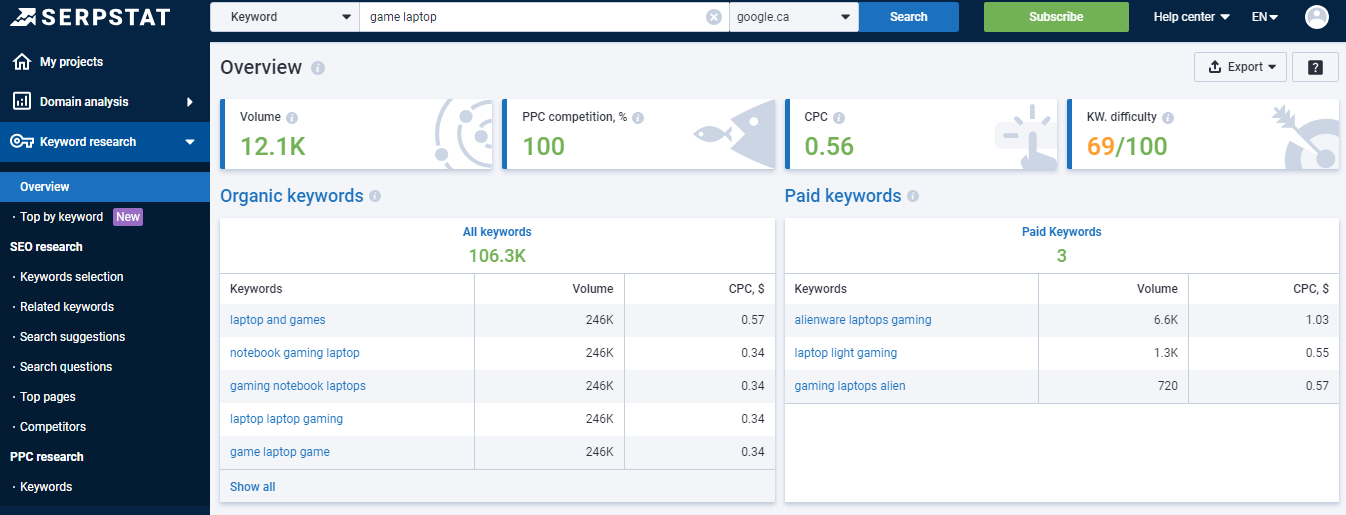
Furthermore, to optimize your landing page or website for voice search, it's important to create advertising headlines and descriptions that address the questions and concerns of potential customers. One recommended approach, suggested by the team at YeezyPay, is to include a section on your page that addresses popular questions. This section can be compiled using suggestions from Google search and the "Similar Questions" feature.
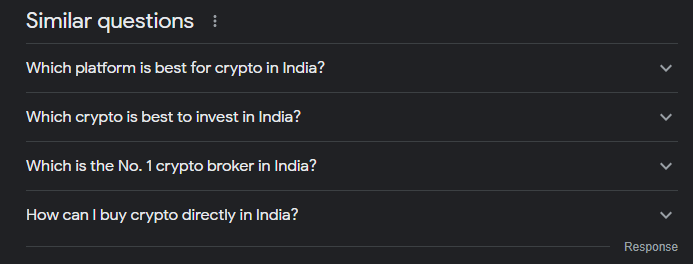
Based on the practical experience of YeezyPay's users, implementing this question-and-answer section written in a language that resonates with your audience can significantly increase click-through rates and conversion rates, potentially even by an additional 100%.
In addition to targeting location-based queries, it's essential to include relevant information in your ads. This includes adding an "Address" extension, displaying a phone number with a quick call button, and specifying opening hours. To further promote online businesses in urban areas, it's also important to mention the nearest metro stations in your advertisements and on your website. For localized advertising, creating a profile on Google My Business is highly recommended. This helps increase visibility and reach for your business in local search results.
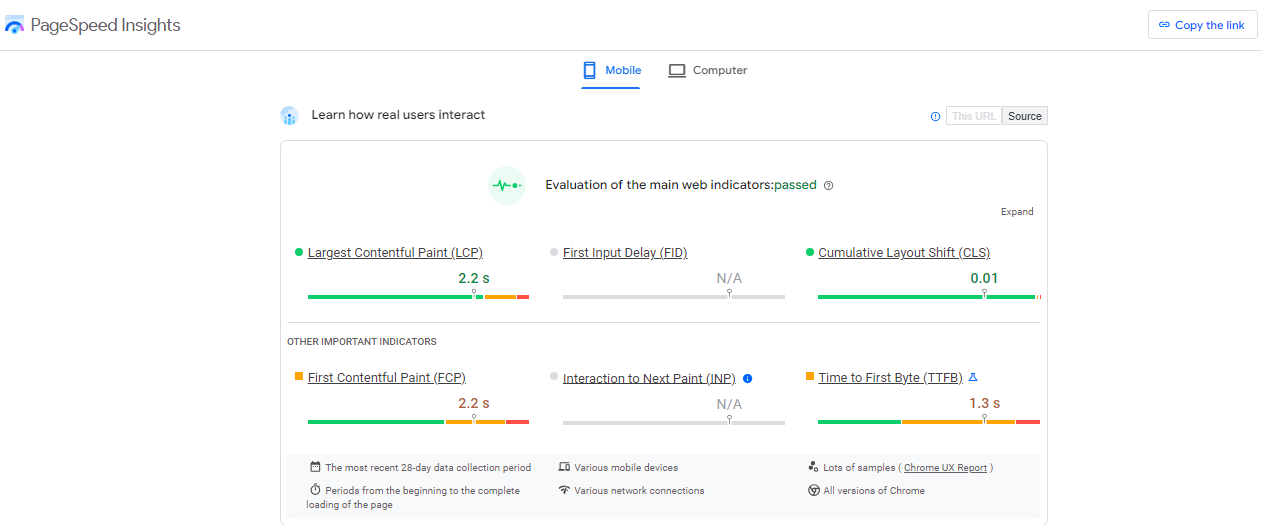
You can use a tool called PageSpeed Insights, provided by Google, to check the loading speed of your pages. It's an official service that can give you insights into how fast your pages are loading and provide suggestions for improvement.
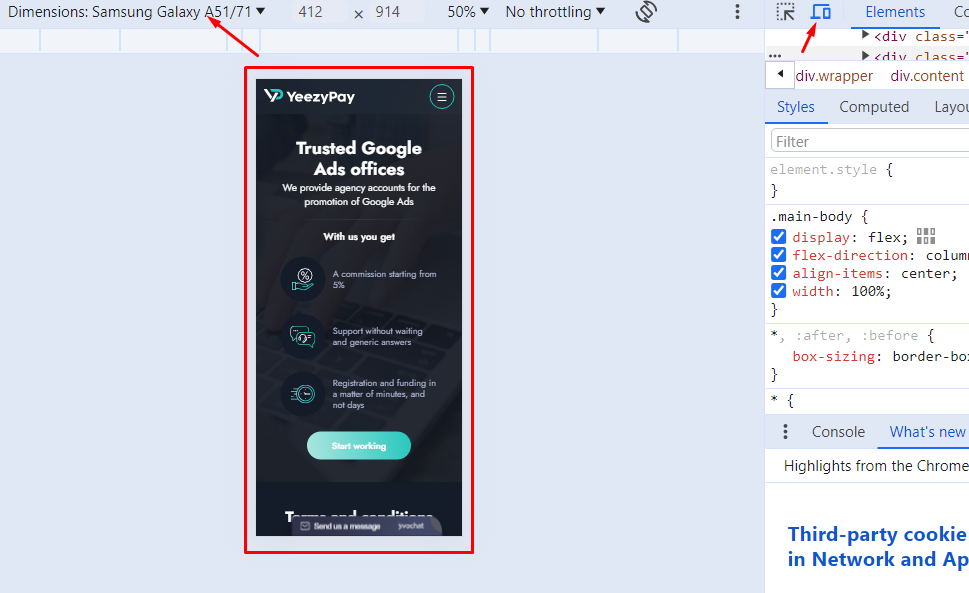
While ad optimization can be easily set up in your Google advertising account, it's equally important to ensure that your landing page or website is well-adapted for voice search across all types of devices. All elements and forms should be displayed correctly. If your page has a poor layout or doesn't work properly on mobile devices, it can lead to not only a loss in potential revenue but also wasted ad budget.
To speed up the approval process for your ads and extend the lifespan of your advertising campaign, whether you're promoting offers in whitehat or grayhat verticals, you can benefit from using Google Ads trusted agency accounts from YeezyPay.
In this article, the team at YeezyPay, a service that offers Google Ads agency accounts, will guide you through developing and implementing an effective strategy to attract audiences that are using the voice search feature. By following the advice mentioned here, you'll be able to reach a much larger target audience and boost your advertising conversion rates.
Why should you optimize your Google Ads campaigns for voice search?
Adapting Google Ads campaigns for voice search can be highly profitable due to several factors. Firstly, the integration of AI into voice assistants, smartwatches, speakers, and other gadgets has greatly increased the popularity of voice search. This means more people are using voice commands to search for information online.About 10 years ago, Google conducted a survey in the United States and found that 55% of teenagers and 41% of adults were already using voice search at that time. Since then, the numbers have likely increased even more.
Based on the latest data from Invoke, there are several key reasons why optimizing advertising campaigns and landing pages for voice search is beneficial:
- The popularity of devices that support voice commands has been steadily increasing.
- Voice commands have become deeply integrated into people's daily lives. For example, as of 2022, 52% of users actively used voice speakers in their homes, and in 2020, around 30% of all queries were made without using a device's screen.
- People are increasingly using voice search for making online purchases and orders. According to Narvar, 22% of users even place orders exclusively using voice commands.
- Voice search is frequently used for local queries, such as finding nearby businesses or services.
- Voice search has higher conversion rates for phone calls compared to traditional web searches. Additionally, users who are already familiar with voice technology tend to have higher average order values or deposit sizes. This can be particularly beneficial for those working in grayhat verticals like cryptocurrency, gambling, or nutra. To gain priority moderation and extend the lifespan of advertising campaigns in these niches, it is recommended to use agency advertising accounts with increased trust, such as those provided by YeezyPay.
Furthermore, adapting Google Ads campaigns for voice search offers more opportunities for personalized ads tailored to specific user requests. This level of detailed personalization can significantly improve the performance of your advertising campaigns.
How to optimize advertising campaigns for voice search
Here are some recommendations to help you adapt your advertising campaigns to voice search in almost any vertical:Adding long-tail, low-volume keywords, and phrases
To improve your advertising campaigns, it's important to include longer and more specific phrases that people use when making voice requests instead of text. This means using conversational language and considering slang, jargon, and colloquial terms for specific geos. For example, instead of targeting the phrase "Dietary supplements for weight loss New York," it would be better to focus on a voice request like "Where can I buy dietary supplements for quick weight loss near me."Exact match to the needs of the target audience
To effectively target your audience through voice search, it's crucial to understand their needs and tailor your advertising accordingly. This involves thoroughly researching the interests and specific queries of your audience. You can achieve this by examining user queries related to your niche, seeking insights from affiliate network managers (including common objections and frequently asked questions), and analyzing relevant queries.Furthermore, to optimize your landing page or website for voice search, it's important to create advertising headlines and descriptions that address the questions and concerns of potential customers. One recommended approach, suggested by the team at YeezyPay, is to include a section on your page that addresses popular questions. This section can be compiled using suggestions from Google search and the "Similar Questions" feature.
Based on the practical experience of YeezyPay's users, implementing this question-and-answer section written in a language that resonates with your audience can significantly increase click-through rates and conversion rates, potentially even by an additional 100%.
Adding the “near me” keyword in campaigns
Including the "near me" keyword in your campaigns can be a highly effective strategy for reaching the "voice" audience. People using voice search often seek convenient solutions located close to their current location. By incorporating these location-specific queries into your campaigns, advertisers can significantly boost their sales. This is especially beneficial for offline businesses like restaurants.In addition to targeting location-based queries, it's essential to include relevant information in your ads. This includes adding an "Address" extension, displaying a phone number with a quick call button, and specifying opening hours. To further promote online businesses in urban areas, it's also important to mention the nearest metro stations in your advertisements and on your website. For localized advertising, creating a profile on Google My Business is highly recommended. This helps increase visibility and reach for your business in local search results.
Optimizing page loading speed
According to Backlinko, voice search pages tend to load twice as quickly as other pages. To speed up your page loading, if you're an affiliate or advertiser, you should consider disabling any unnecessary scripts, optimizing your images and other graphics, setting up caching, and configuring the HTTPS protocol.You can use a tool called PageSpeed Insights, provided by Google, to check the loading speed of your pages. It's an official service that can give you insights into how fast your pages are loading and provide suggestions for improvement.
Optimizing content for mobile devices
As mobile traffic keeps increasing at a fast pace, it's important not to overlook optimizing your content for mobile devices when creating advertising campaigns in Google Ads. Google automatically optimizes ads to be adaptive to mobile devices, so it's crucial to take advantage of this feature.While ad optimization can be easily set up in your Google advertising account, it's equally important to ensure that your landing page or website is well-adapted for voice search across all types of devices. All elements and forms should be displayed correctly. If your page has a poor layout or doesn't work properly on mobile devices, it can lead to not only a loss in potential revenue but also wasted ad budget.
Tips for maximizing your Google Ads campaign with voice search
To maximize the performance of your Google Ads advertising campaigns targeting voice search, it's important to consider 3 tips:- Longer and more conversational queries: When using voice search, people tend to ask longer and more detailed questions compared to typing. They use a conversational style, so it's beneficial to include long-tail keywords and phrases that match these natural language queries.
- Emphasis on questions: Voice search users often frame their queries as questions, as if they're having a conversation with someone. It's essential to prioritize addressing these question-based queries in your advertising campaigns and landing pages.
- Strong user intent: Voice search allows users to express their needs more precisely. They can describe what they're looking for in greater detail. It's crucial to provide answers and solutions in your advertising campaigns and landing pages that can fulfill 99% of their needs, ensuring a high level of satisfaction.
Conclusion
By optimizing your advertising campaigns in Google Ads for voice search, whether you're an affiliate, media buyer, or business owner, you can discover new ways to attract the most relevant audience who are already eager to take the desired action. However, to make the most of voice search, it's important to thoroughly understand the needs and behavior of this audience and be prepared with clear answers to their specific queries. Additionally, your landing page or website should be optimized to work well on any device.To speed up the approval process for your ads and extend the lifespan of your advertising campaign, whether you're promoting offers in whitehat or grayhat verticals, you can benefit from using Google Ads trusted agency accounts from YeezyPay.





